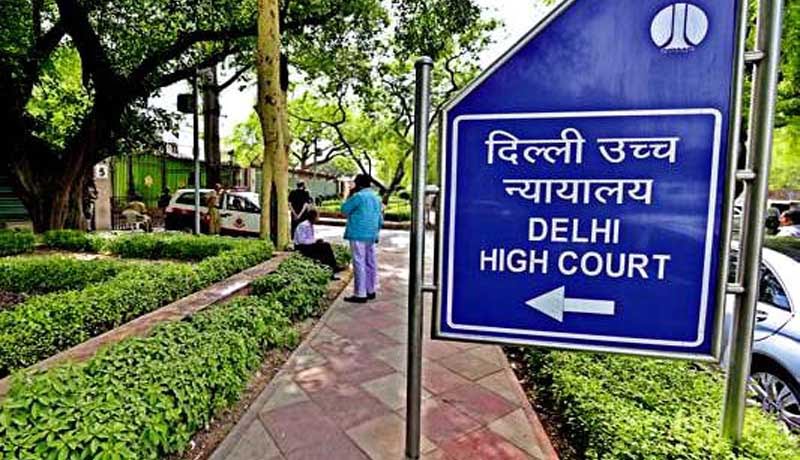Document Furnished by Assessee found in Possession of someone else is not ‘belongs to the assessee’ for purpose of Assessment u/s 153C: Delhi HC

A division bench of the Delhi High Court in the case Canyon Financial Services Ltd v. ITO held that the documents furnished by the assessee found in possession of someone else cannot be treated as “belongs to the assessee” for purpose of Assessment under Section 153C of the Income Tax Act.
Assessing officer, during the course of search in the Dalmia Group of Companies, found letters sent by M/s Canyon Financial Services Ltd in connection with share purchase. Consequently, department initiated assessment proceedings against the assessee u/s 153A r/w 153C.
As per s. 153C(1) amended in the year 2015, when the AO of the searched person has satisfied that the documents seized ‘belongs or belong to a person other than the person referred to in Section 153A', the AO of the searched person can hand over such documents to the AO “having jurisdiction over such other person”.
Challenging the proceedings, assessee contended that it was not shown in either of the satisfaction notes as to how the documents seized as referred to therein “belongs to” the Assessee in terms of Section 153C. It further submitted that in terms of Section 153C (1) of the Act as it stood prior to the amendment with effect from 1st June 2015, it was incumbent on the Department to show the documents seized and referred to in the satisfaction notes of both the AO of the searched person and of the AO of the Assessee in fact ‘belong to’ the Assessee.
The bench noted that the amendment has no retrospective effect and therefore, it is not sufficient to the department to show that the seized documents in fact belong to (and not merely pertain to) the Assessee.
Diving deeply into the facts of the case, the bench said that the first document seized was a document filled up by the Assessee and submitted to DEPL. In the opinion of the bench, the document can certainly be said to be ‘pertaining to’ to the Assessee. “However, once it was submitted by the Assessee to DEPL, and was found in possession of DEPL, it cannot be said to 'belong' to the Assessee. If it had been recovered from the premises of the Assessee then the position may have been different. Based on the presumption under Section 132 (4A) read with Section 292 C of the Act it may have been possible to proceed against the Assessee under Section 153 A of the Act subject of course to the document constituting incriminating material. However, in the present case that is not the position.”
“The second document is the certificate issued by the Assessee confirming the issuance in its favour of the equity shares of DEPL. The said document is titled ‘To whomsoever it may concern’. It is, clearly, not addressed to a particular person but to anyone who may receive it. This document after it has been despatched by the Assessee and found in possession of someone else cannot said to 'belong' to the Assessee. While it may 'pertain' to the Assessee, it cannot be presumed to ‘belong to’ it when it is not recovered from the Assessee but from the searched person.”
The other documents found were the copies of the return of income of the Assessee, copy of its director’s report, copy of certificate of incorporation and memorandum of association. These were documents furnished by the Assessee to DEPL and found in the possession of DEPL. “Here, again, it cannot be presumed that such documents having being found in the possession of the DEPL did not belong to DEPL but to the Assessee. Here again, while the documents may ‘pertain to’ the Assessee, but in the context explained above, they cannot be presumed to be documents that ‘belonged to’ the searched person. Consequently, even with regard to these documents, the jurisdictional requirement under Section 153 C (1) of the Act, of the AO of the searched person having to be satisfied that the said documents do not belong to searched person but to the Assessee, has not been fulfilled.”
In view of the above finding, the bench held that the satisfaction note prepared by the AO of the searched person does not fulfill the legal requirement spelled out in Section 153C (1) of the Act. Accordingly, the proceedings were quashed.
Read the full text of the Judgment below.


